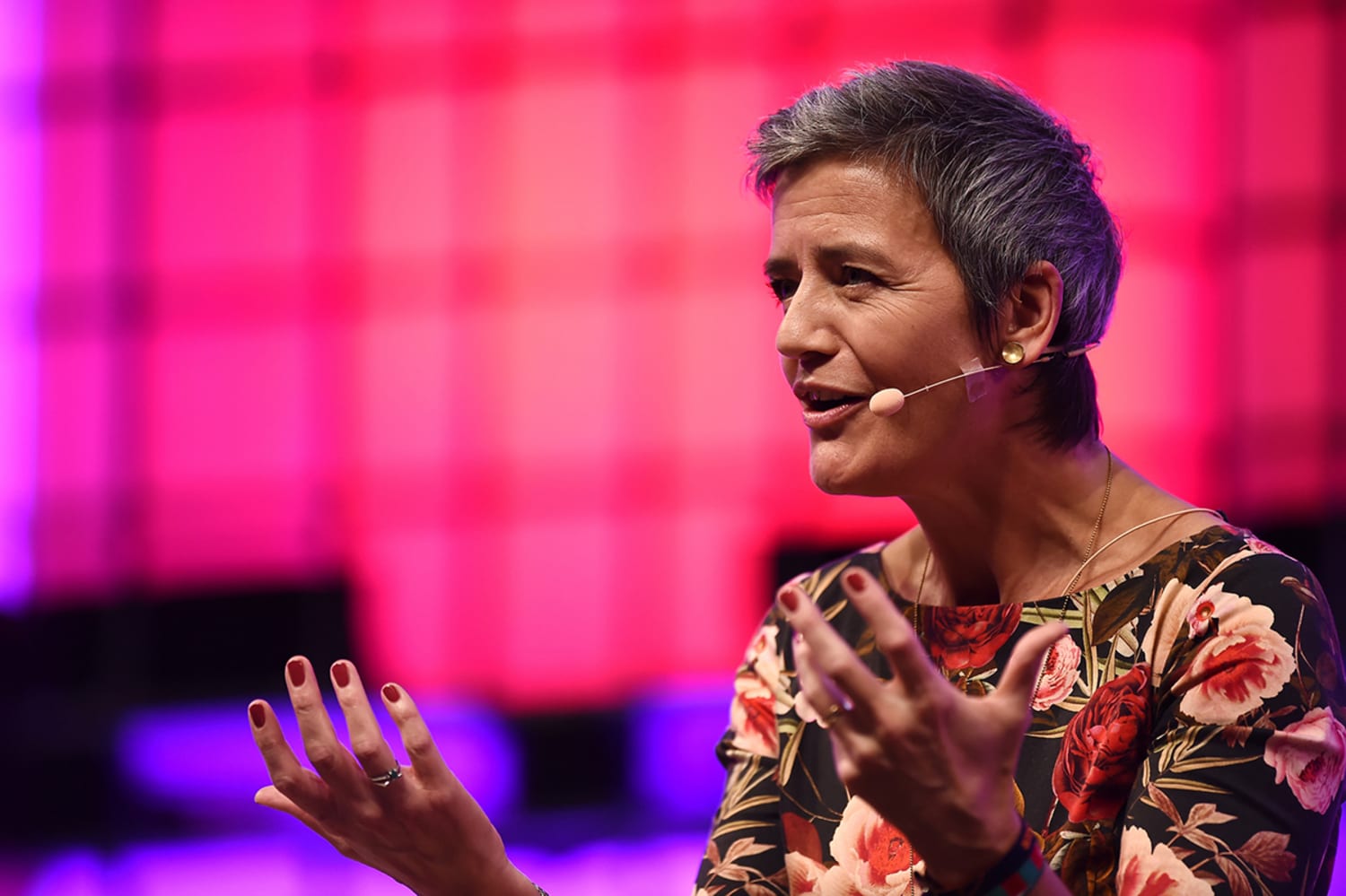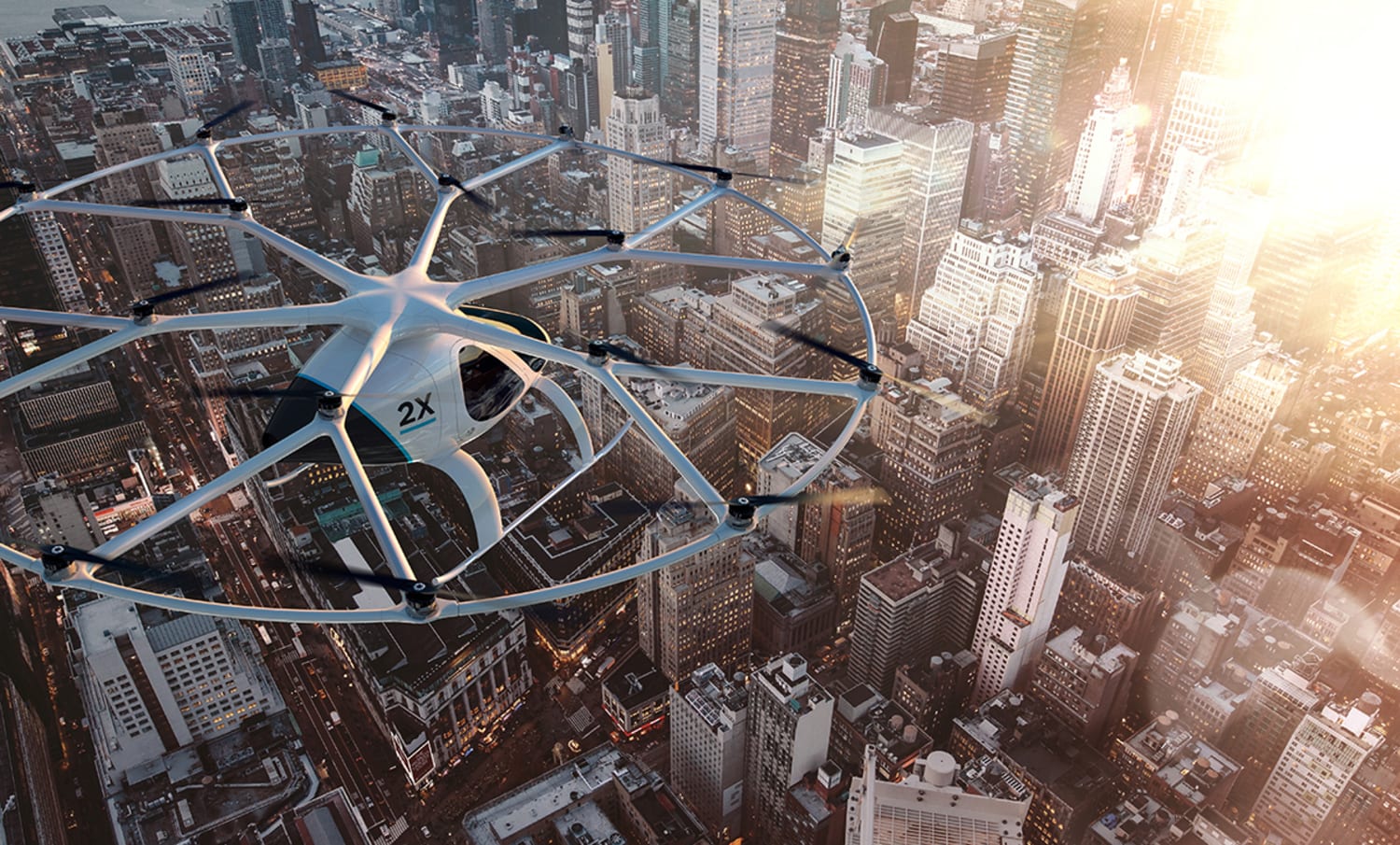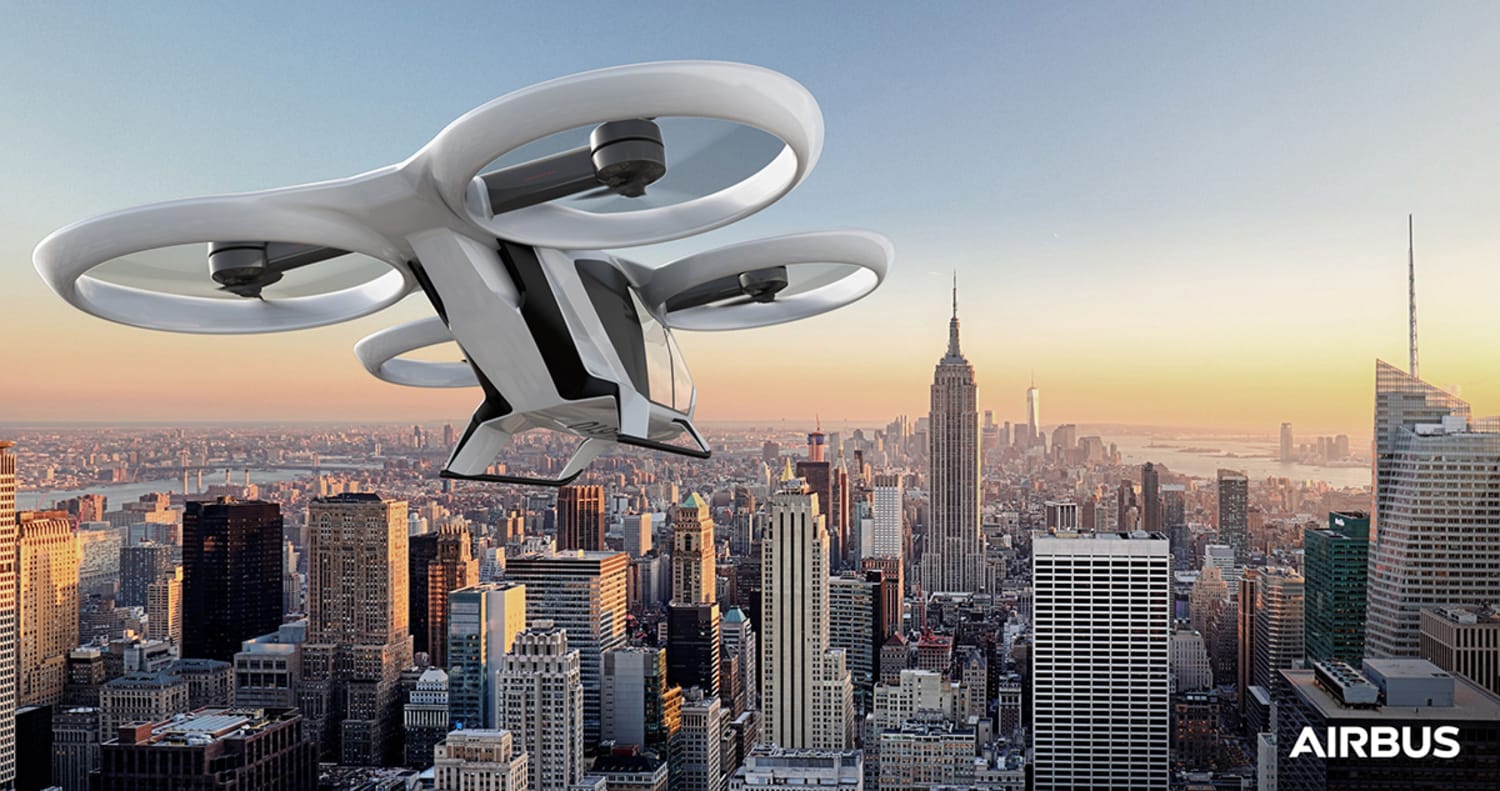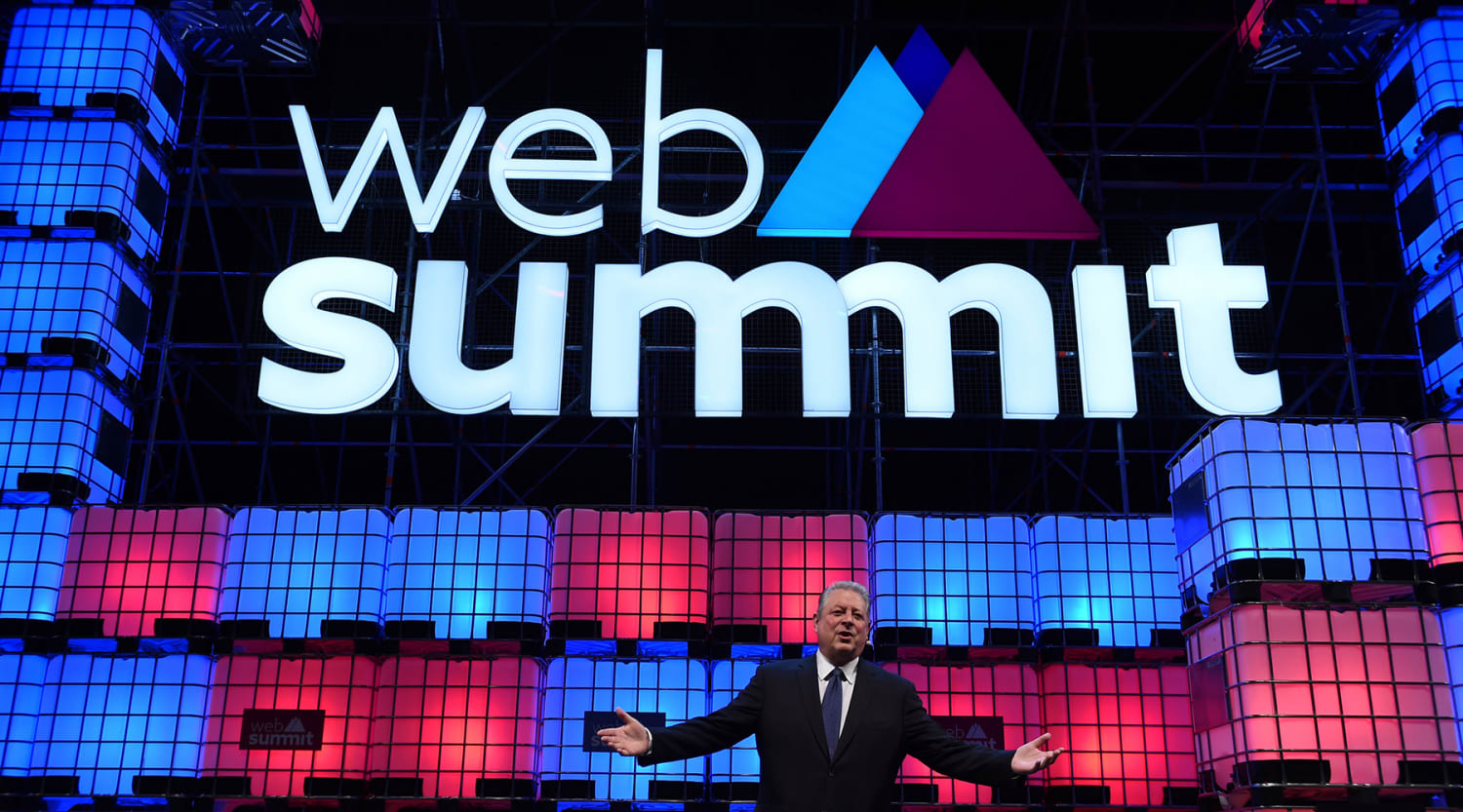This year’s Web Summit festival was shot through with a sense of reckoning. As 60,000 attendees converged on Lisbon, the overarching message was this: the thrill ride is over. The world is entering an era of extreme complexity, where the tech industry must start to find some answers to the questions it has posed.
Founder Paddy Cosgrave set the tone on opening night, assuring delegates that the event would address both “the promise and the perils of technology.” “Technology’s impact is only just beginning,” said Cosgrave. “But on the other hand, there are things happening in the world which, because of technology, are deeply concerning.”
The industry is increasingly under scrutiny and there was no shortage of individuals willing to ask the tough questions at Web Summit. Among them was journalist and founder of Recode Kara Swisher whose opening gambit to several of her interviewees was: “How f***ed is Silicon Valley?”
Yet for the most part, tech seems willing to face its demons. Speaker after speaker called for a more thoughtful, human-centric approach and a need to grapple meaningfully with the tough issues.
Silicon Valley’s impact
Over the three days of the Summit, panels and speakers wrestled with Silicon Valley’s impact on the world, with topics ranging from the coming jobs apocalypse to tech’s political influence, from privacy to tax avoidance.
Margrethe Vestager, the European Union’s Commissioner for Competition who fined Google €2.4 billion in June, was introduced to delegates as “one of the most important people on the planet right now,” underlining the role that European regulators could play in reining in the powers of Big Tech. Vestager spoke of the need for technology to “serve people” and underlined her commitment to a competitive playing field, warning, “When you grow, you shouldn’t deny others the chance to challenge you.”









